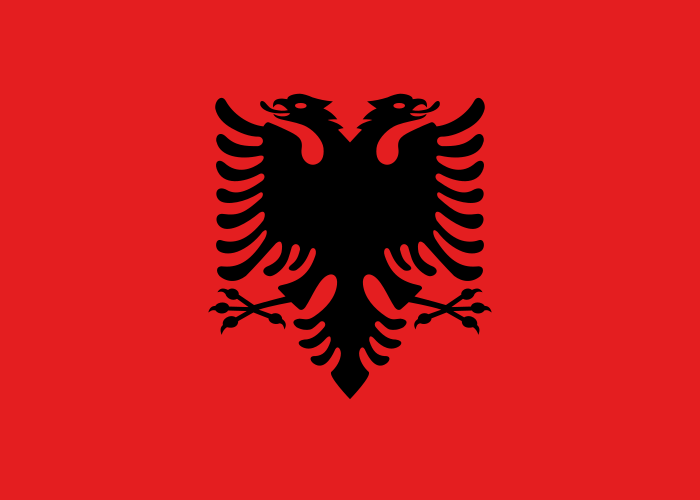New study explores future system adequacy and capacity mechanisms in the Western Balkans
The electricity markets in the Western Balkans are experiencing a period of complex transition, characterised by the liberalization and decarbonisation agenda. Full integration into the EU internal energy market will require alignment with the European target model (e.g. reforms of the wholesale market and market coupling), European environmental regulation (e.g. implementation of Large Combustion Plants Directive, Industrial Emissions Directive and CO2 pricing, increased renewables penetration targets), and phasing out of existing non-compliant State aid. As a consequence, a number of plants could potentially retire, which raises security of supply concerns.
To address these concerns, the Secretariat launched the present study, the outcome of which is a report published today. The results show that an efficient energy-only regional market would bring the flexibility and adequacy required to maintain security of supply. Yet despite all progress, an efficient regional market mechanism is still not in place in the Western Balkans. Beyond delayed reforms, government actions such as non-compliant State aid distorts operational and investments signals. Such State aid is often justified by the claim to maintain security of supply, a claim for which the present study in the current conditions does not provide support. In particular, we asked the authors of the study to look into justifications for and modalities of potential capacity mechanisms. Without the energy market reforms completed and a functional and integrated energy-only market in place, there is little room for them.






